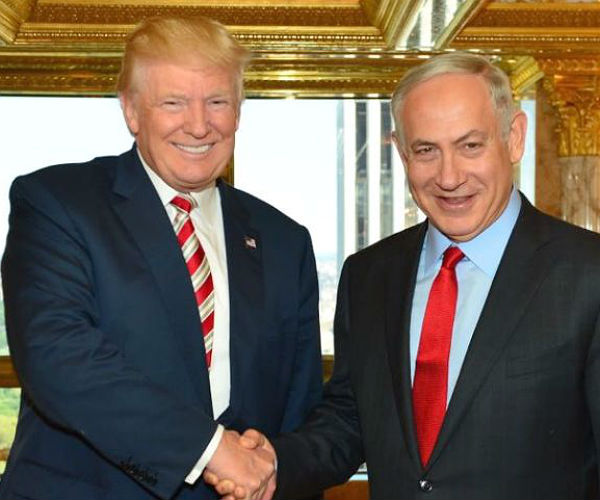
RNA - James Petras, a professor emeritus of sociology at Binghamton University in Binghamton, New York, and adjunct professor at Saint Mary's University in Halifax, Nova Scotia in Canada, made the remarks in an interview with Press TV on Friday.
On Thursday, the US House of Representatives overwhelmingly passed a bipartisan measure to disapprove a United Nations Security Council resolution that condemned Israeli settlements on the occupied Palestinian territories.
The motion, passed 342 to 80, described last month’s resolution as “an obstacle to Israel-Palestinian peace,” and was a rebuke to President Barack Obama’s approach to the US-Israel relationship.
Professor Petras said that “the resolution against Israel was a very big step, very positive step, and had a long time in gestating.”
“I think the question of Donald Trump reverting that decision on the part of the Obama administration is going to be a step backwards. It remains to be seen how much damage will take place in the subsequent period.”
“I think the mood in Washington is that [Trump] will try to provide a basis for Israel moving to Jerusalem as its center which will provoke the entire Muslim world and cause increasing conflict in the region,” he stated.
“I think the Congress is totally oblivious to the larger picture. I think the Congress in the United States is likely to back Trump’s measure including many Democrats,” he noted.
In his departure memo issued on Thursday, US Secretary of State John Kerry hailed the outgoing Obama administration for its efforts to sign the landmark nuclear agreement with Iran.
Kerry said the 2015 deal cut off all pathways for Iran to develop what he called a nuclear weapon.
Elsewhere in a news briefing on Thursday, Kerry warned US President-elect Donald Trump about a possible cancellation of the Iran deal.
Professor Petras said that “I see a future of a greater conflict with the coming of the Trump government. The nuclear agreement with Iran is also being called into question.”
“I think this will not be very successful because I think Iran has many options at this time, and many Europeans will not support return to sanctions,” he argued.
“And, so I think it’s more likely that Trump will try to negotiate some understanding with Iran, but it’s very dubious,” the scholar said in his concluding remarks.
847/940